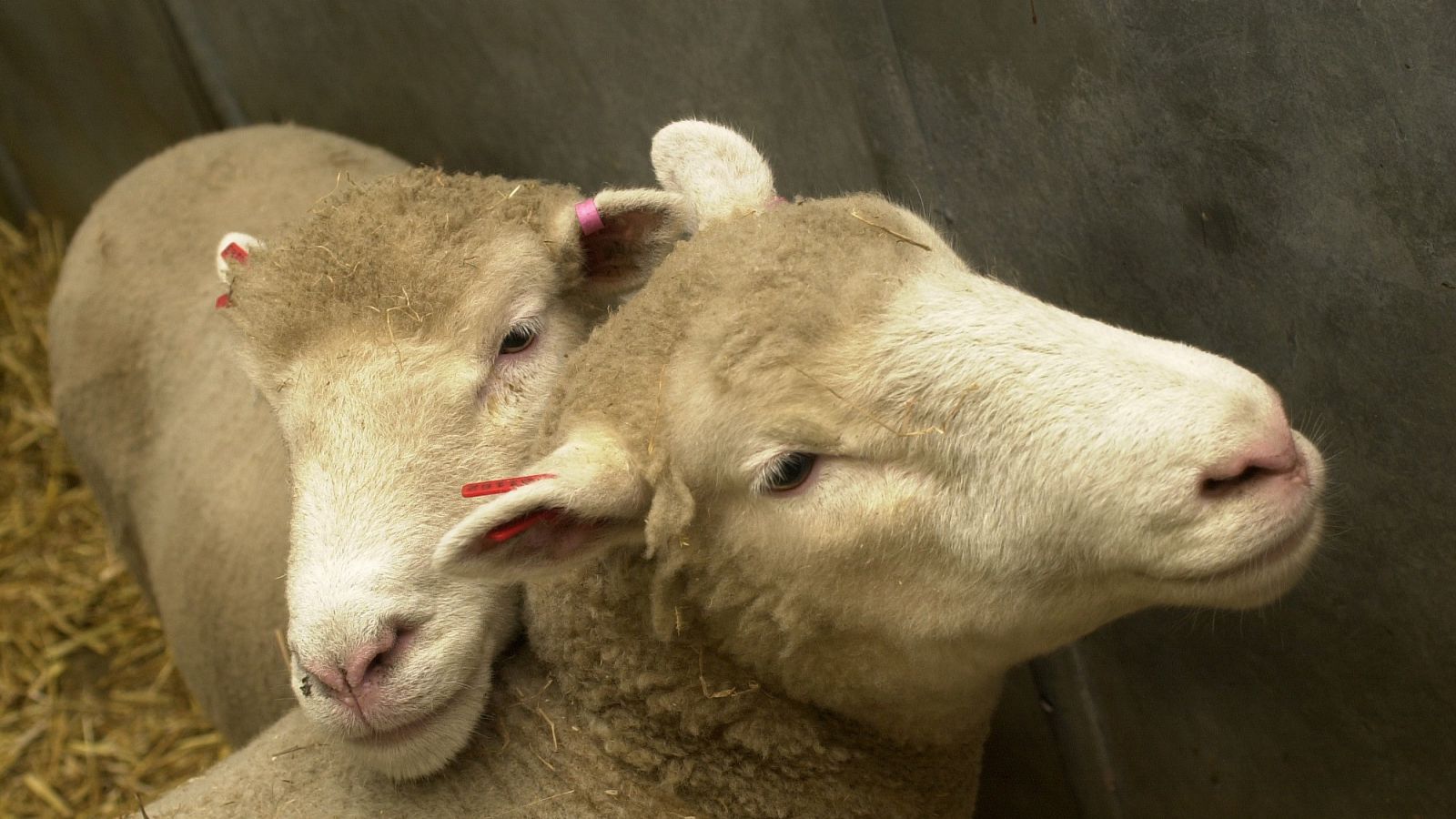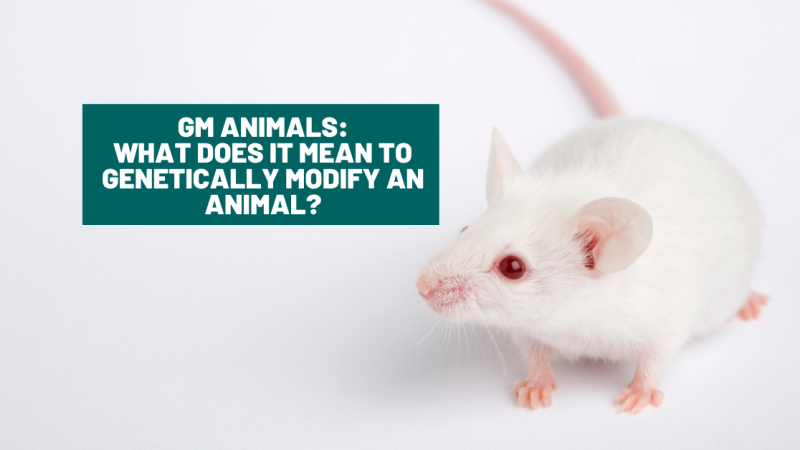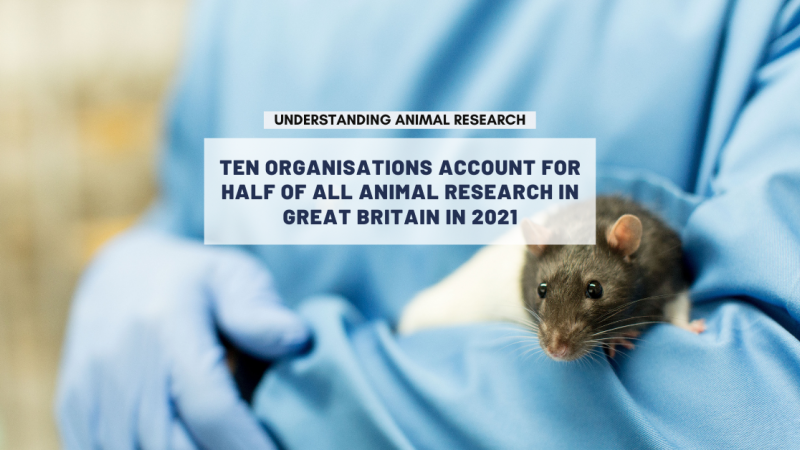 What are 'animals containing human material' (ACHM) and why the sudden interest in them?
What are 'animals containing human material' (ACHM) and why the sudden interest in them?
They include 'transgenic' mice carrying human genes that are widely used to study many diseases – including osteoporosis and cancer – transgenic goats used to produce a human protein (anti-thrombin or Atryn) to treat blood clotting disorders, and monkeys with implanted human brain stem cells which may throw light on Parkinson's disease.
So such techniques are already widely used to create animal models of human conditions, to lead the fight against life-changing conditions and debilitating diseases including infertility, cancer, HIV and hepatitis, and to develop and produce new medicines.
A new report by the Academy of Medical Sciences, released today, suggests that the fast-moving pace of this science might lead to developments that raise ethical or regulatory concerns. While the UK has one of the strictest systems of animal research regulation, scientists and the public agree that this must stay ahead of emerging research practices.
Ipsos MORI conducted conducted public opinion research last year on this area of science on behalf of the Academy. While Exploring the boundaries showed that the public was quite relaxed about most forms of ACHM, some types of experiment would be of concern to both the public and the scientific community. These involve modification of the animal brain that could potentially lead to human-like brain function, procedures that might lead to fertilisation of human eggs or sperm in an animal; and modification of an animal to create characteristics perceived as uniquely human, such as face shape, skin texture, or speech.
Professor Martin Bobrow, chair of the Academy expert working group that produced the report said:
‘This is a complex research area and there should be ongoing dialogue between scientists, regulators and the wider public to address emerging issues. Our report recommends that the Home Office puts in place a national expert body, within the existing stringent system of animal research regulation, to provide specific advice on sensitive types of ACHM research.’
David Pruce, Chief Executive of Understanding Animnal Research, added:
'The Academy’s report is an important insight into this innovative area of research, and associated ethical and regulatory challenges. It is particularly timely in light of the current Home Office consultation about the regulation of animal research. The UK’s animal research regulations need to be proportionate, effective, and consistent with others across Europe – to protect animal welfare while being sufficiently forward-looking to keep pace with scientific progress. The recommendations from the Academy should ensure sufficient expert oversight of future developments.'
Last edited: 6 April 2022 13:26




